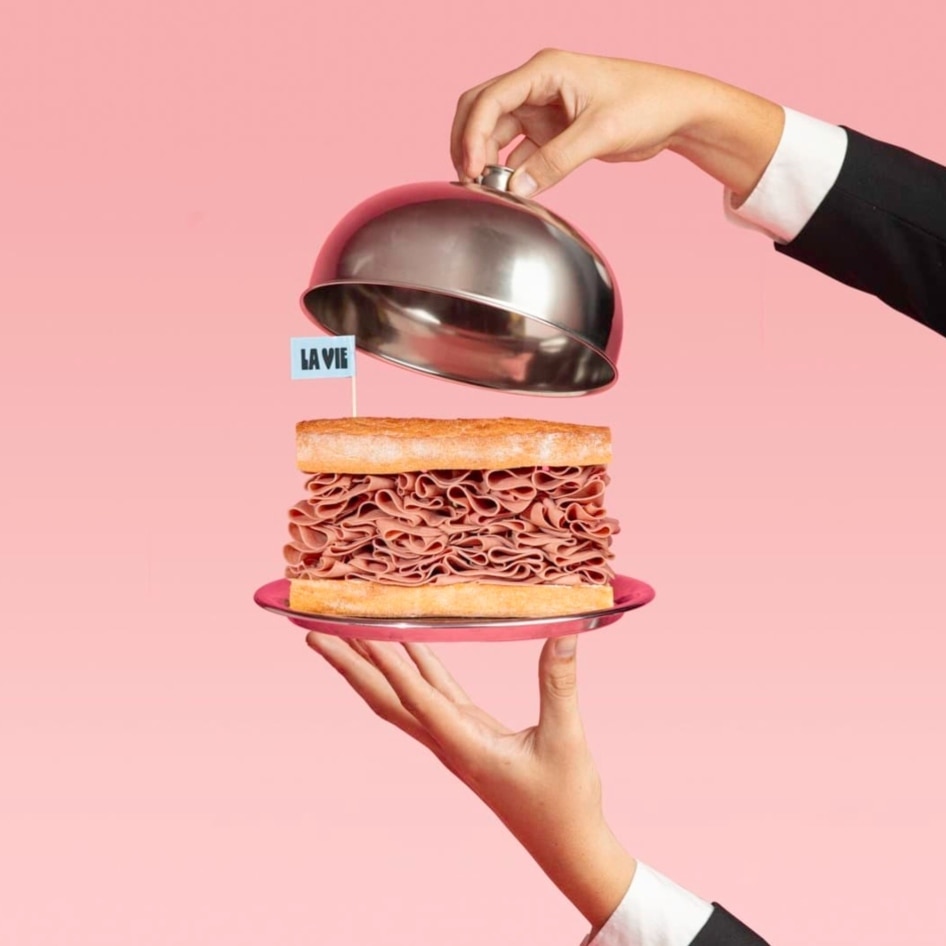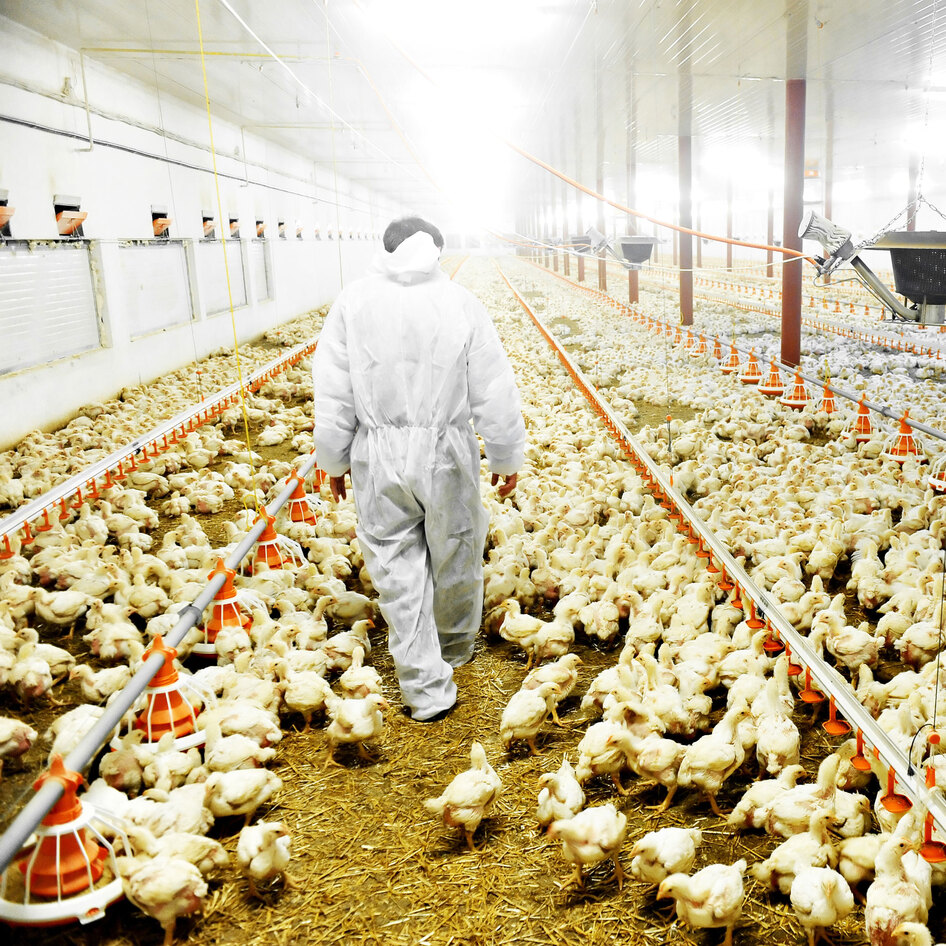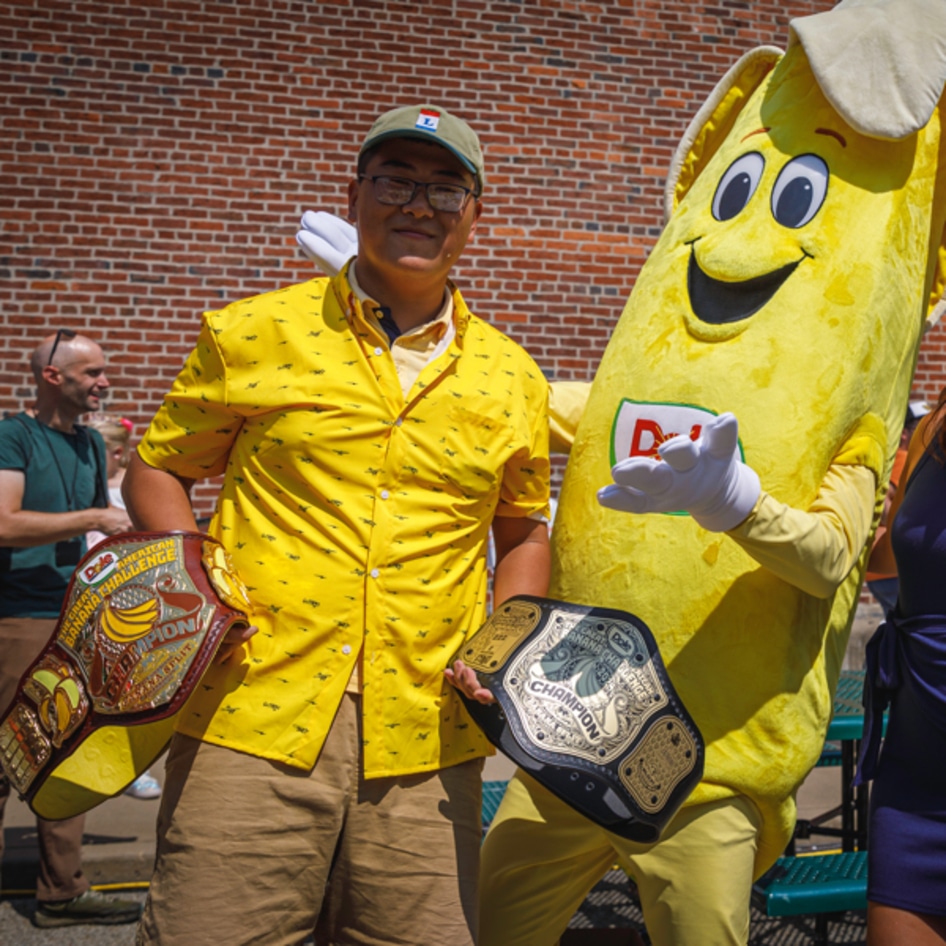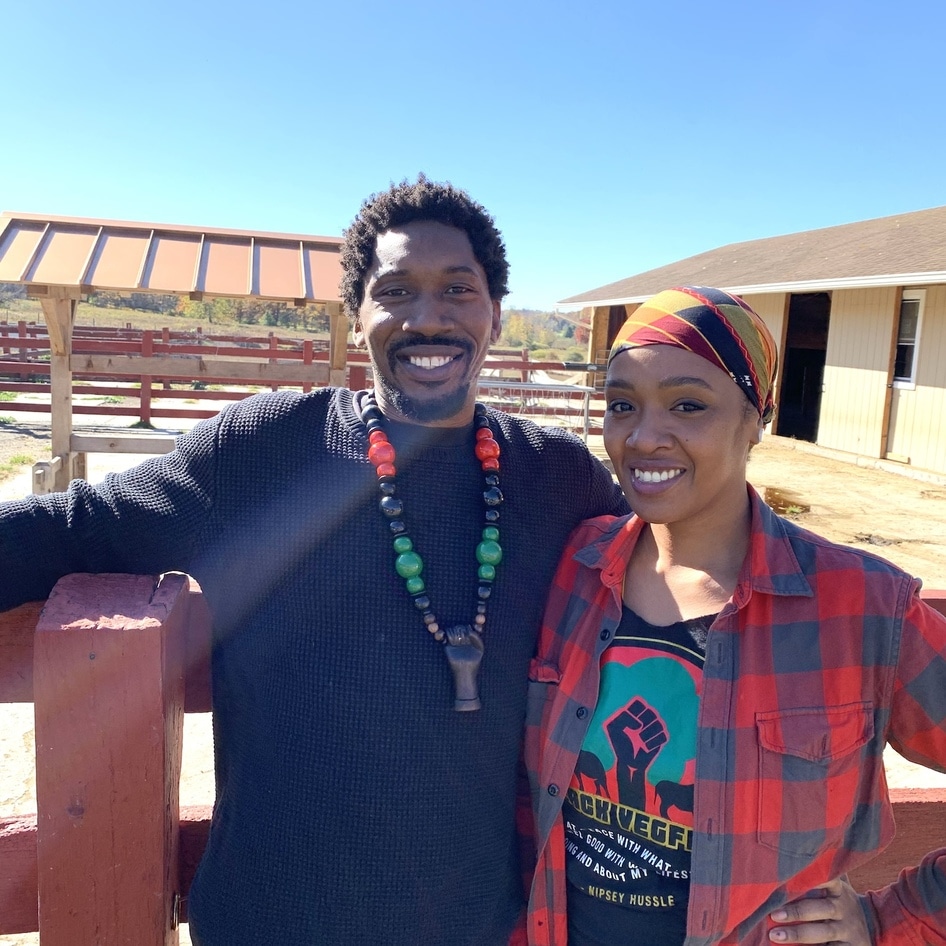A series of groundbreaking animal rights bills are under consideration by the Pittsburgh City Council. Aiming to implement significant changes in the city’s approach to animal welfare, if passed, the legislative moves would be the first to happen all at once in any US city. The measures could see a preliminary vote as early as next week and the final vote before the Christmas holiday.
Spearheaded by Councilmembers Bruce Kraus (D-South Side), and Erika Strassburger, (D-Squirrel Hill), the proposed legislation targets the sale and manufacture of fur products, the use of horse-drawn carriages, and the sale of foie gras.
The proposed ban on the sale and manufacturing of fur products within the city is an initiative driven by the desire to curb what is seen as widespread animal suffering. Councilman Kraus, who is at the forefront of this effort, emphasizes the preventive nature of these bills. Despite acknowledging the current limited market for the items in question, Kraus sees these measures as crucial for proactive animal welfare.
The fur ban, co-sponsored by Kraus and Strassburger, is not without its exceptions. It allows for the use of fur products for religious, tribal, cultural, or spiritual purposes and does not restrict the sale of used fur items.
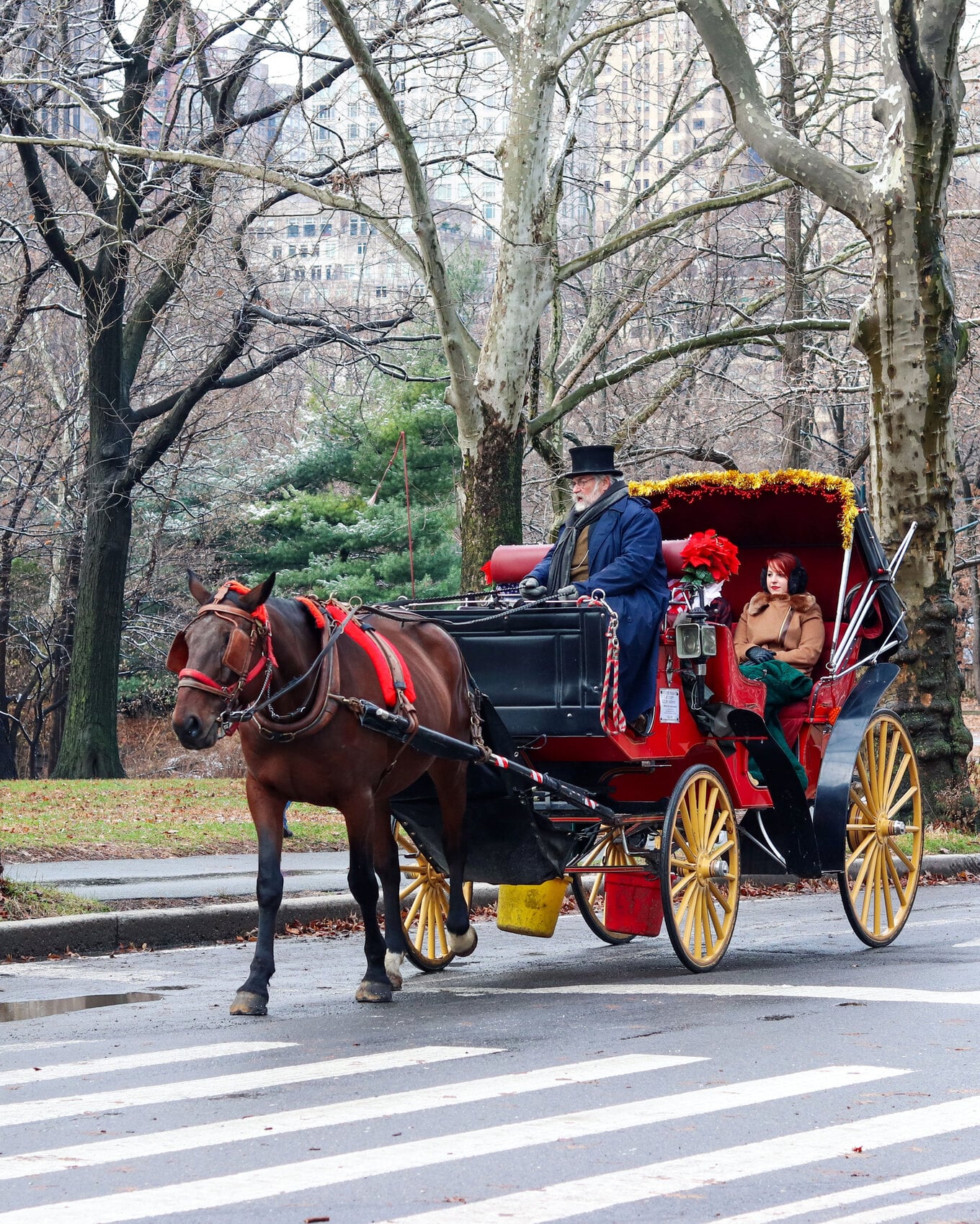 Unsplash
Unsplash
In addition to the fur ban, Kraus is proposing a bill to prohibit horse-drawn carriages in the city. This bill seeks to expand upon existing legislation that regulates the treatment of wild and exotic animals in Pittsburgh. Kraus’s motivation for this bill stems from a personal encounter with a carriage horse in New Orleans, which left a lasting impression about the animal’s quality of life.
“I looked him in the eyes and that horse was dead,” Kraus told TribLive. “I thought, what a horrible way to live your life, for your entertainment value.”
The use of horse-drawn carriages has been a hotly debated topic in nearby New York City, where the carriages are still operated, mainly throughout Central Park. Animals can experience high levels of stress, dehydration, and malnutrition, among other issues. Last month, authorities in New York City filed charges against a horse handler in the 2022 collapse of a 26-year-old horse named Ryder, who was later euthanized. Authorities say the horse collapsed in the street in the Hell’s Kitchen neighborhood of Manhattan on a hot day in August 2022. His collapse was caught on video, which also showed the handler beating the dehydrated animal.
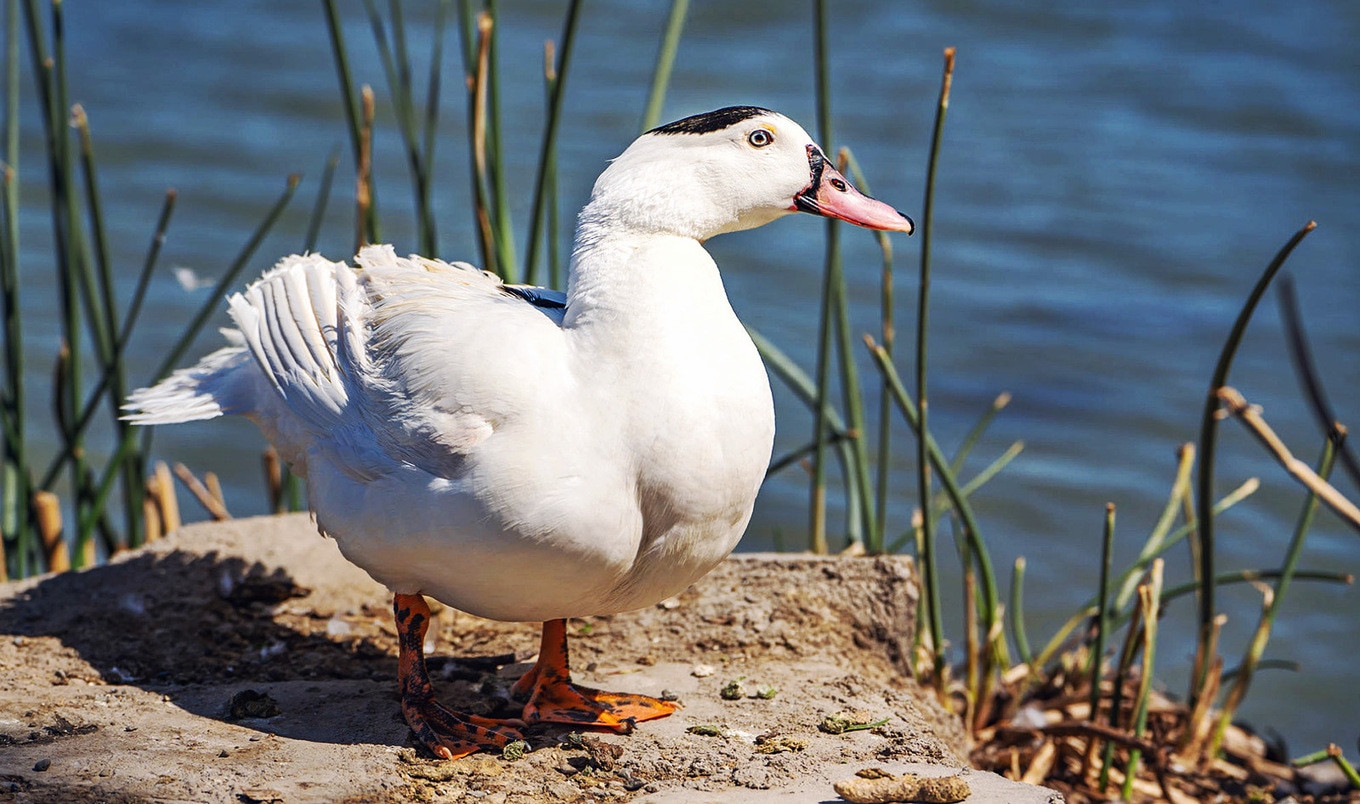 Adobe
Adobe
The third bill, focusing on the sale of foie gras—a pâté made from goose or duck liver—would require vendors to prove that the animals were not force-fed, a practice commonly associated with the production of the delicacy. The process, as described in the legislation, involves force-feeding birds to enlarge their livers, a practice viewed by many as inhumane. If passed, Pittsburgh would join New York City and California in banning the sale of the delicacy. It is also banned in several EU countries including Austria, the Czech Republic, Denmark, Finland, Germany, Italy, Luxembourg, Norway, Poland, Turkey, and the United Kingdom.
“It’s a thrill to see my hometown take such a serious look at animal welfare,” says Jill Ettinger, VegNews’ Director of Digital Content. “Pittsburghers are known for our city pride—we lift each other up like family because we are family. These commitments to animals will only underscore the city’s unmatched compassion and kindness.”
While cities like Los Angeles and New York are recognized as premier vegan destinations, Pittsburgh has some noteworthy offerings, including Shadobeni, which serves up vegan Trinidadian cuisine, and the James Beard-nominated Apteka—the country’s only Polish-inspired vegan restaurant.
For the latest vegan news, read:
JUMP TO ... Latest News | Recipes | Guides | Health | Subscribe


